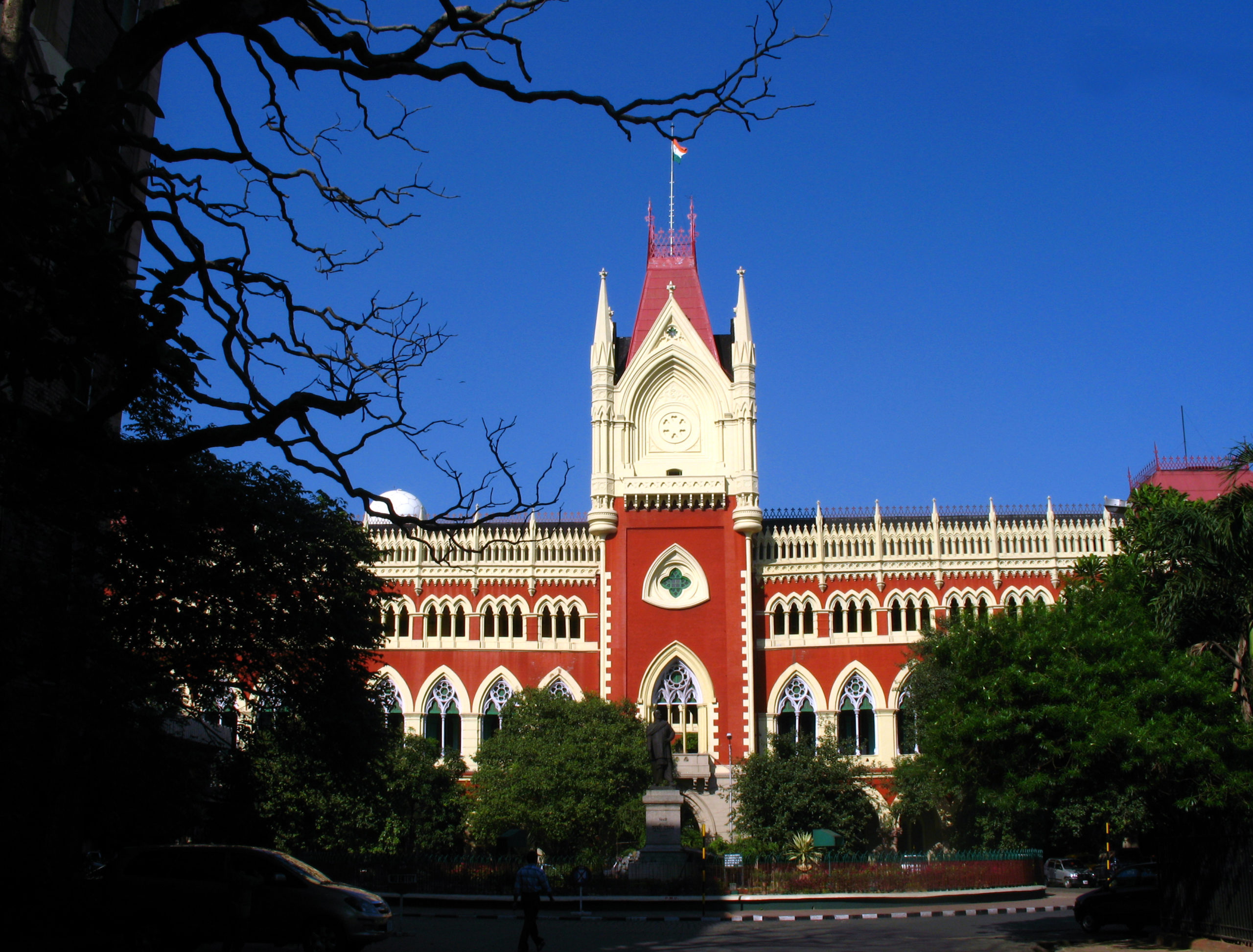LI Network
Published on: 2 August 2023 at 15:15 IST
The Calcutta High Court made a significant observation regarding the societal barriers faced by women in disclosing incidents of sexual assault.
The court expressed that women, especially minor girls, often fear the social stigma associated with such disclosures, which may hinder them from coming forward to report sexual crimes publicly [Raja Ruidas v State].
The bench, comprising Justice Debangsu Basak and Justice Md Shabbar Rashidi, made this observation while upholding the conviction of a man accused of raping a 16-year-old girl.
The man had earlier been found guilty and convicted by the trial court under Section 376(2)(i)(n) of the Indian Penal Code (IPC) and Section 6 of the Prevention of Children from Sexual Offences Act (POCSO Act).
According to the case details, the appellant was alleged to have forcefully raped the girl in a room located above his shoe shop. Subsequently, he entered into a relationship with the girl and engaged in sexual intercourse with the promise of marriage, warning her not to disclose the relationship to anyone.
However, when the appellant married another woman from his village, the victim revealed the incident to her family, and they filed a police complaint.
During the proceedings, the court found substantial evidence supporting the existence of a love affair between the appellant and the minor victim, which led to the sexual assault. Medical evidence corroborated this fact. However, the court stressed that the rupture of the minor’s hymen does not conclusively prove rape and may have various reasons.
Despite this observation, the court determined that in this particular case, the minor’s ruptured hymen may be attributed to prolonged sexual activity. Consequently, the court upheld the man’s conviction, ruling that he failed to refute the allegations against him under the POCSO Act.
The court also clarified that the period of detention already served by the appellant would be considered as part of his punishment.
This ruling sheds light on the challenges faced by women, particularly minors, when reporting incidents of sexual assault.
The court’s acknowledgment of this social stigma emphasizes the need for a more supportive and sensitive approach towards survivors of such crimes.
The case sets a precedent for ensuring that justice is delivered in cases of sexual offenses, while also highlighting the importance of creating an environment where survivors feel safe and encouraged to speak out.
Senior Advocate Sekhar Basu, along with advocates Sandipan Ganguly and Manaswita Mukherjee, represented the appellant in the case, while advocates Neguive Ahamed, Zareen N Khan, and Arup Sarkar represented the State.

